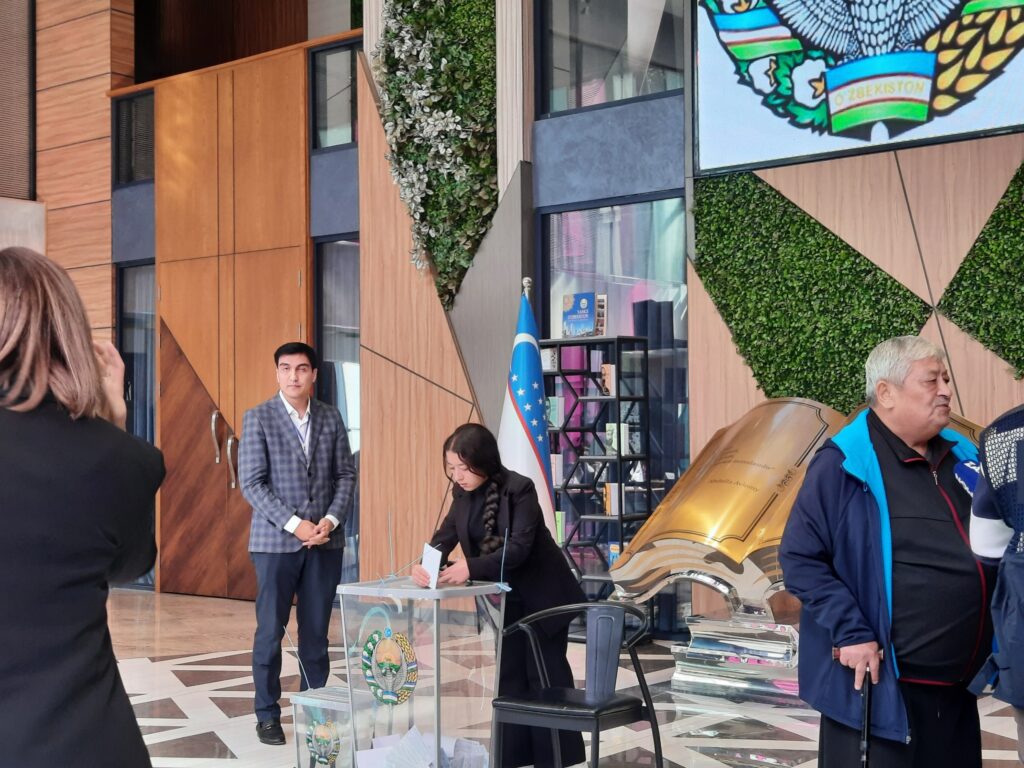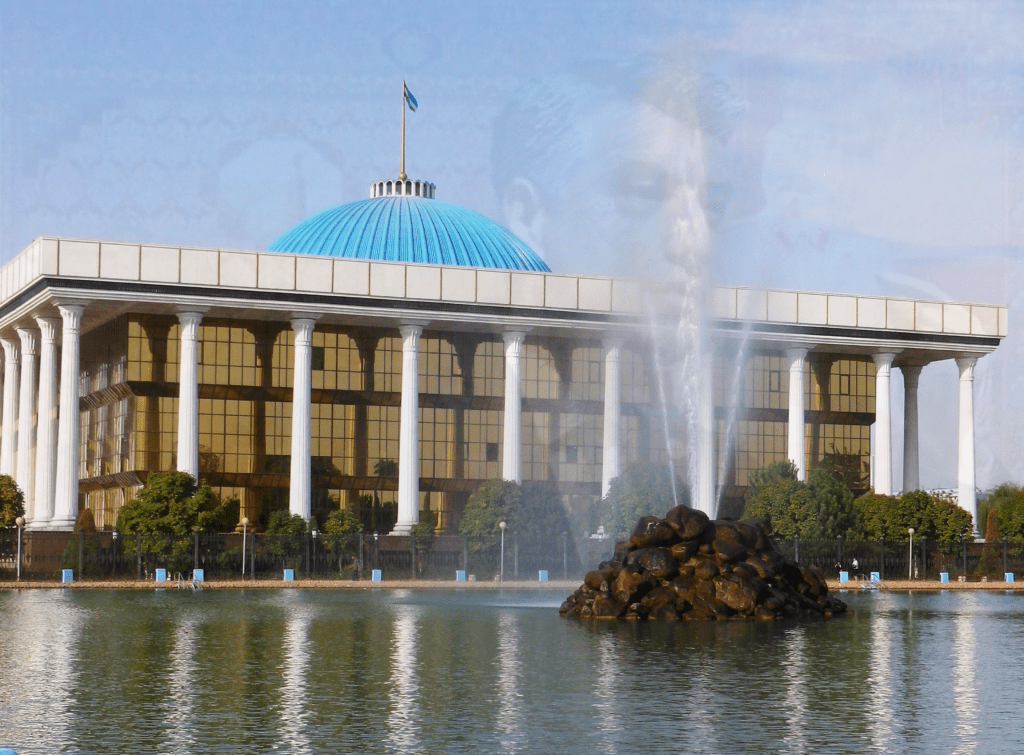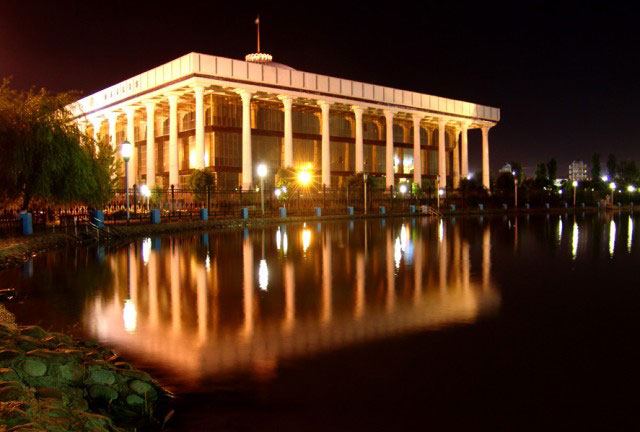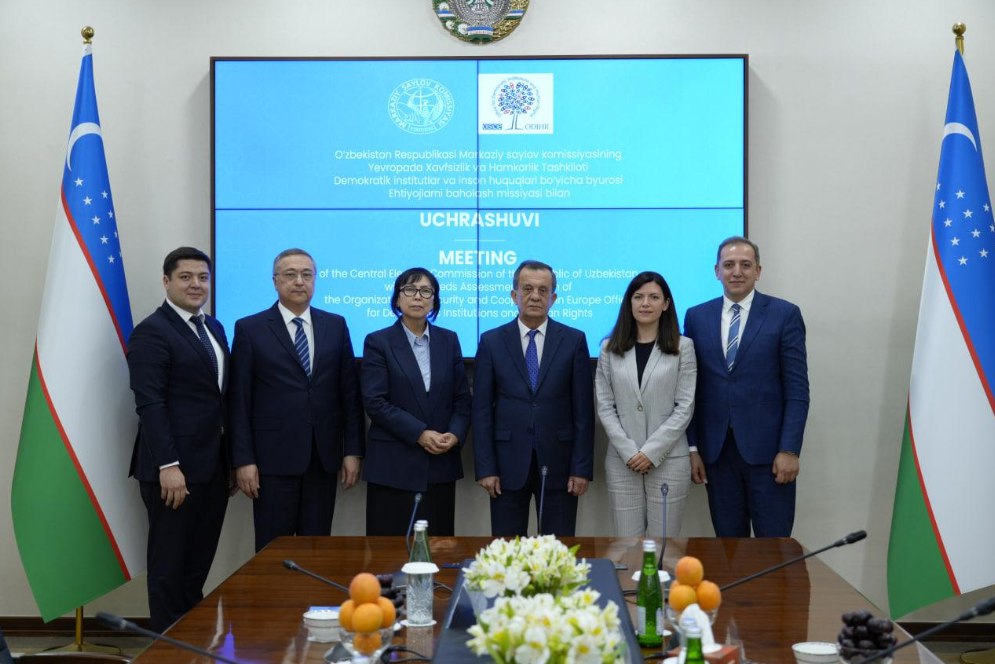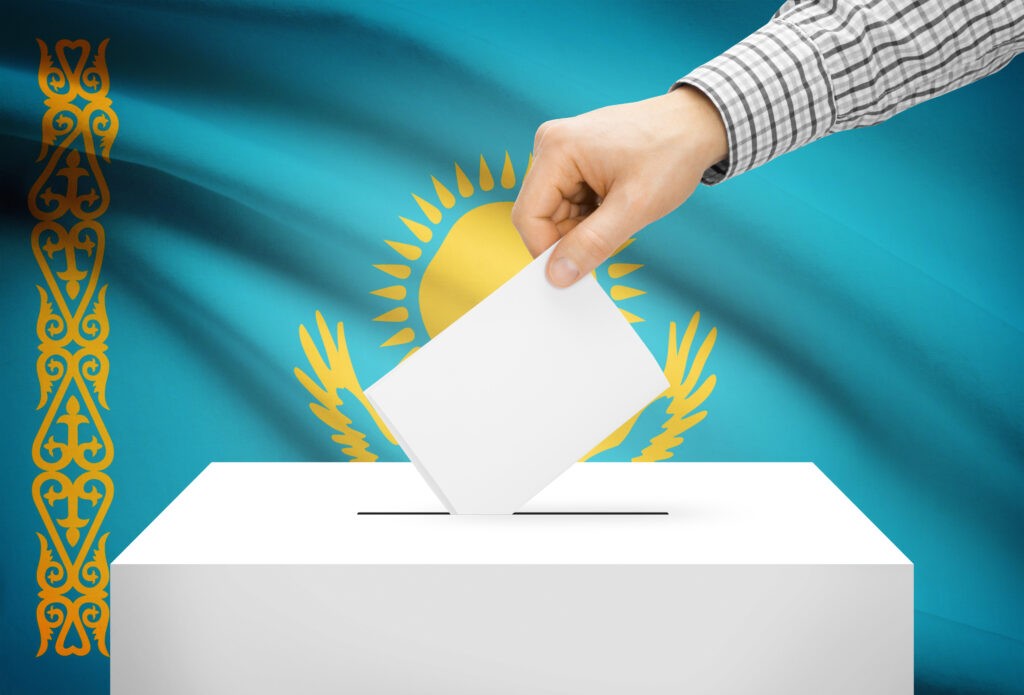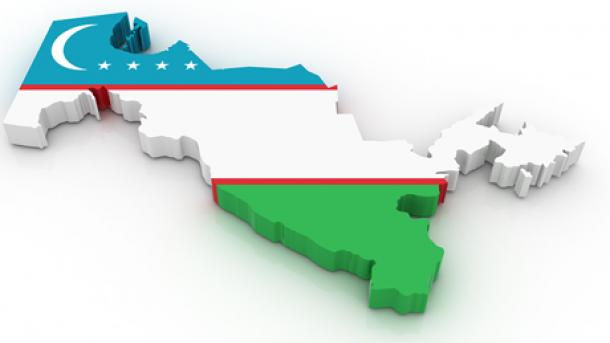The recent parliamentary elections held on 19 March in Kazakhstan represent the fourth time that the country’s voters have gone to the polls in a little over two years, and the third time within the past nine months. While the treadmill of elections in 2022 manifested the country’s march towards democratic change, the expected headwinds of voter fatigue produced a turnout of 53 percent, a figure still on par with Canada, which averages 54 percent voter turnout.
Background: The President’s reform program
The outgoing parliament and its lower chamber – Mazhilis, had transformed the political environment ahead of the new elections when it passed legislation adopting the constitutional amendments approved by the voters in the 5 June 2022 referendum. These amendments included important reforms going far beyond the electoral rules and indeed restructured the entire political system. Specific to the elections, they introduced the possibility of self-nomination, easier party registration, and a lower electoral threshold for parties to enter parliament. The electoral reform was part of President Kassym-Jomart Tokayev’s strategy to mobilize disenfranchised sectors of the country’s electorate.
The composition of the new Mazhilis has been reshuffled and leaves Tokayev poised to make further progress and, by finally ridding the legislature of the holdover deadwood from the Nazarbayev era, to institutionalize the thoroughgoing political, economic and social reforms over the longer term.
Recent electoral reforms put to test in latest elections
The OSCE’s Office for Democratic Institutions and Human Rights (ODHIR) sent a team of more than 300 long-term and short-term observers who monitored the elections across the country. The team’s work was mostly unhindered in the performance of its duties. While expressing some reservations, the ODHIR team noted that the reforms had “increased choice for voters” and “brought elements of competitiveness into the political arena”, adding that contestants were able to campaign “actively and freely”. In a preliminary statement they also concluded that the parliamentary elections were held in a context of reforms “introduced to bring Kazakhstan closer to holding elections in line with international standards and OSCE commitments.” This evaluation augurs well for Kazakhstan’s international reputation under Tokayev.
The relatively low turnout level of the election at 54 per cent clearly indicates that Kazakhstan is moving away from the previous practice of mass mobilization to ensure survival of the authoritarian regime. But it also indicates some voter fatigue. As mentioned above, this is the third time in nine months that the electorate have gone to the booths, and the second time in a little over two years that they have elected a new Mazhilis. Overall, the results appear to be an endorsement of the creation of a broader political field with more horses in the race, which is in fact one of Tokayev’s intended reforms.
The ruling Amanat party won, but with some difficulty. Its majority is less than that which Nazarbayev’s Nur Otan party used to have, but also it was not labelled as the “president’s party”. As per recent constitutional amendments, the president is now above all parties and Tokayev, who relinquished the party chairmanship last year, did not campaign. According to local observers, Amanat had not only a new name but also a new leadership and “a strongly updated slate of candidates”.
It is noteworthy that there was no consolidation of opposition in the single-mandate districts. Protest movements that offered candidacies had the opportunity to demonstrate that they attract serious support amongst the country’s civil society; however, they failed to do so – they went unrecognized by general electorate. This suggests that, as a phenomenon, their popularity is exaggerated by their presence in social-media networks but failed in Kazakhstan’s Real Politics. The population at large did not offer them significant backing, not even at the masklikhat (regional legislative) level.
Results show steps towards representative democracy
Several parties other than the ruling Amanat party entered parliament following the 19 March elections. Second place went to the Auyl party, which is supported by local elites and internal migrants in the cities who harken back to their rural roots. The Respublika party sought to represent young businessmen but seems to have received votes due only to its novelty. The Ak Zhol party, which under the Nazarbayev regime represented a technocratic counter-elite dissatisfied with the then-ruling kleptocracy, still managed to hold its own.
Yet it seems that none of these parties, whether old or new, has really captured the electorate’s imagination. That may be because the population at large still sees most of them—even the new Baytak environmental party and the “social democrats” of the OSDP—as mouthpieces for different segments of the economic and political elite, rather than as real advocates for their own, everyday concerns. The new parties also had no track record and did not make an effort to build long-lasting relations with the voters using exhausting but effective tactic of “door-to-door” campaigning.
One notably silent party in these elections was the Democratic Choice of Kazakhstan party originally founded by the criminal fugitive Mukhtar Ablyazov in 2001 and re-established in 2017. Ablyazov’s political credibility diminished following the December 2022 decision by a US court for money-laundering on top of his 2012 conviction in UK courts where court records note his embezzling close to $5 billion from BTA Bank in Kazakhstan.
Conclusion
The repeated polls over the last two years, and particularly the referendum on constitutional reforms of June 5th 2022, as well as the presidential election of November 20th 2022, have shown that Tokayev recognizes the need for incontestable popular support for his reform agenda. He has grounded his presidency in economic and political restructuring – to build up the middle class as a long-term guarantor for Kazakhstan’s further sustainable development. Thus, since the January 2022 events, Tokayev has turned up anti-corruption measures which starved the country of funds and led to the decay of its infrastructure.
The composition of the new Mazhilis leaves President Tokayev poised to make further progress and, by finally ridding the legislature of some formerly entrenched officials, also to institutionalize the thoroughgoing political, economic and social reforms over the longer term.

